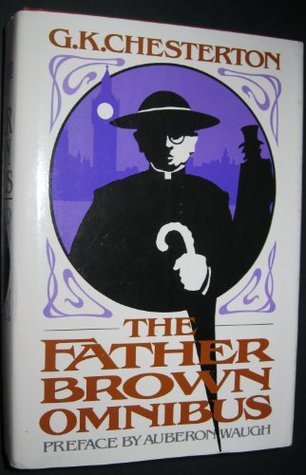What do you think?
Rate this book


993 pages, Hardcover
First published January 1, 1935
’I had planned out each of the crimes very carefully,’ went on Father Brown, ‘I had thought out exactly how a thing like that could be done, and in what style or state of mind a man could really do it. And when I was quite sure that I felt exactly like the murderer myself, of course I knew who he was.’
’And when you spoke merely in defence of your friend – no, sir, I can’t imagine any gentleman double-crossing another under such circumstances; it would be a damned sight better to be a dirty informer and sell men’s blood for money. But in a case like this —! Could you conceive any man being such a Judas?’
‘I could try.’ said Father Brown.
It was one of those rare atmospheres in which a smoked-glass slide seems to have been slid away from between us and Nature; so that even dark colours on that day look more gorgeous than bright colours on the cloudier days.
. . . the blood was crawling out from under his fallen face like a pattern of scarlet snakes that glittered evilly in that unnatural subterranean light.
. . . the tree-tops in front of them stood up like pale green flames against a sky steadily blackening with storm, through every shade of purple and violet. The same light struck strips of the lawn and garden beds; and whatever it illuminated seemed more mysteriously sombre and secret for the light. The garden bed was dotted with tulips that looked like drops of dark blood, and some of which one might have sworn were truly black;. . .